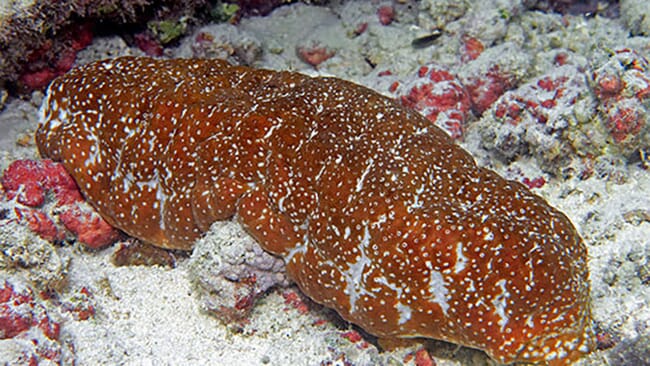
© University of Hawaii
Farmed sea cucumbers can provide a high-value commercial food and the demand for locally-produced seafood is rising. However, so are extreme climatic events that can rapidly change water conditions, especially in coastal environments that include traditional Hawaiian fishponds.
According to UH, sea cucumbers are a unique high-value, low-trophic species which may improve fishpond ecosystems by enhancing nutrient cycling.
The principal investigator of the study is UH Mānoa associate research professor Andre Seale.
“For several years, revitalisation and restoration of traditional Hawaiian fishponds, or loko iʻa, have been on-going,” said Seale in a press release. “We are partnering with fishpond practitioners and sea cucumber producers, and offering graduate student training, in our attempt to characterise and test the tolerance of these species.”
Seale explained that the challenge of production, coupled with revitalisation of loko iʻa, is compounded by the sea cucumber’s fragile environment.
The project aims to optimise culture conditions and best management strategies for native Hawaiian sea cucumbers in partnership with local fishpond practitioners and sea cucumber producers.
The study is titled “Identifying the physiological responses to extreme environmental changes in native Hawaiian sea cucumbers found in traditional fishponds.”




